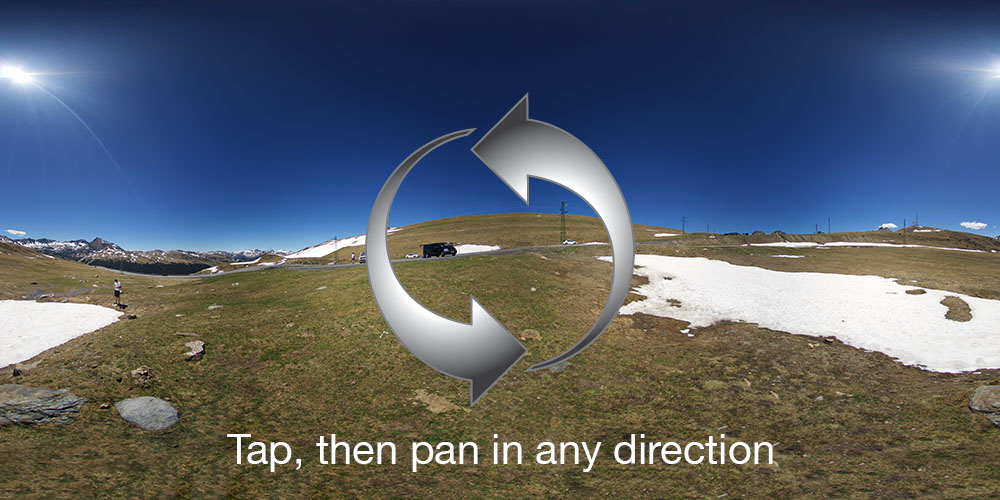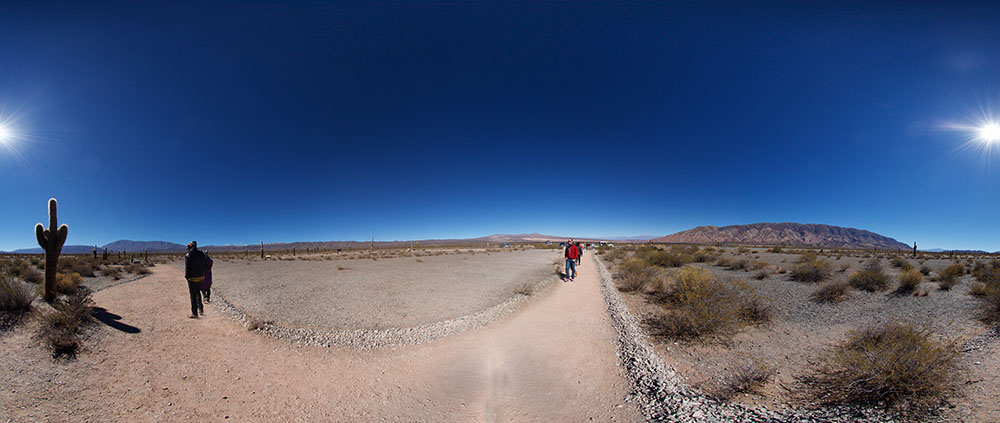Timothy Canova
Why help Wall Street creditors and not Main Street debtors? Why purchase trillions of dollars of mortgage-backed securities from banks, but not help the actual homeowners who are upside down on their mortgages? With the QE approach, central banks are picking winners and losers in the marketplace, which should raise concerns about both their social neutrality and their political independence. In criticizing the proposed Trans-Pacific Partnership (TPP) agreement, Senator Elizabeth Warren has noted that a rigged process inevitably leads to rigged outcomes. It is much the same with the Federal Reserve, which is captured by big banking interests and rigged by design. Not surprisingly, the Fed also fosters rigged outcomes.
Although the Federal Reserve claims that its allocation decisions are disinterested, a review of its governance structure may suggest otherwise. The public face of the Fed is the chairman of its Board of Governors in Washington, D.C. For nearly two decades that was Alan Greenspan, who came to the Fed through the “revolving door” from Wall Street, where he had been a director at JPMorgan. Ben Bernanke, formerly the chief economics advisor in the Bush White House, was Fed chairman from 2006–2014, during the peak of the financial crisis, and was also the architect of the Fed’s massive lending and asset purchase programs. Janet Yellen, who became Fed chair in 2014, was president of the Federal Reserve Bank of San Francisco during the bubble and embraced Bernanke’s QE strategies since first becoming the Fed’s vice chair in 2010. In addition to the Fed chairman and Board of Governors, the Fed’s Open Market Committee (FOMC) and the Federal Reserve Bank of New York (the NY Fed) make many of the key decisions that have helped Wall Street. This is not at all surprising since the FOMC consists of the seven-member Board of Governors along with the presidents of the twelve privately owned regional Federal Reserve banks. The regional Feds are governed by private boards of directors that are dominated both formally and in practice by the private commercial banks that own the shares in these banks. The Fed’s governance structure, like all “independent” central banks, is not all that independent of private financial interests. Rather, these central banks are captured agencies. The fox is running the henhouse.





































